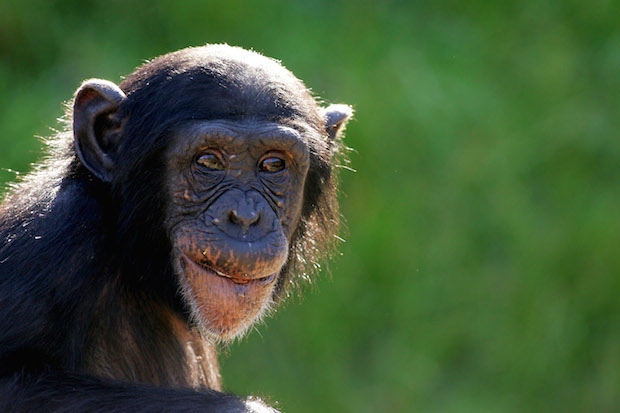If Vincent Poklewski Koziell has really drunk as much as he claims in this book I doubt he would be the spry and handsome 88-year-old to be seen bicycling around Sloane Square that he is today — a slight fall having proved no impediment to his progress.
He came from a grand family of diplomats on his mother’s side. She, Zoia de Stoeckl, was clearly ravishingly pretty and became, aged 18, a maid of honour to the last empress of Russia. Vincent’s father derived from what he describes as ‘run-down Polish nobility’ (only 56 peasants); but the family seems to have had an astonishing ability to rise, phoenix-like, from successive reverses, a huge fortune disappearing overnight in the Russian revolution.
The two met at a party of Lady Cunard’s in London and when they were married returned to Poland, where he had a good job running a smelting and mining business. Unbelievably, it all happened again when the Germans arrived in 1939. Vincent, with his mother and brother, reached London only a week before the invasion began. Once again everything was lost.
Princess Marina and Zoia had been friends for many years and there are photographs of the Duke and Duchess of Kent arriving in an open landau with footmen in top hats and livery, of peasant beaters in high Cossack woolly hats with a brown furry carpet of wild boar laid out in the snow in front of them. Now the Kents welcomed and sheltered the Poklewski Koziell family first in their home at Coppins and then in the chauffeur’s cottage on their estate. There are sweet, informal photographs of the present Queen and Princess Margaret and their parents with lots of friends and relations, amongst whom Prince Philip stands out as a startlingly handsome boy.
After this there is Vincent as a plump, amused pupil at Downside with an anxious-looking abbot, followed by his agonising descriptions of his first jobs and a photograph of the Duchess of Kent in a terrific hat looking sweetly interested in his earnest explanation of the laundry equipment and its achievements which he was employed to demonstrate at the Ideal Home Exhibition.
Hilarious accounts of his progress though life follow, with inside stories of the development of Porto Rafael in Sardinia, his employment as a butcher in the Bronx, as a caterer, as an advertising executive, as a banker, his first brief marriage, his move to live in Ireland, his second very happy marriage, their children, more jobs, more friends, more stories, more hats, more houses, more parties, more drinks, more directorships, more adventures. And through all this, scarcely discernible, runs the thread of a charitable, kindly, sensitive man, hidden behind a mask of totally ruthless frivolity. I remember when he was the only Pole living in Ireland and when he supported and helped many of his countrymen to move there and find work.
Later, with his third wife, he moved back to London, where he now reclines, admiring his growing family of grandchildren and looking back nostalgically at not only the vanished Russian and Polish worlds in which his parents moved but also the vanished world of 1950s and 1960s London, which he recalls so scandalously in this hilarious memoir.






Comments